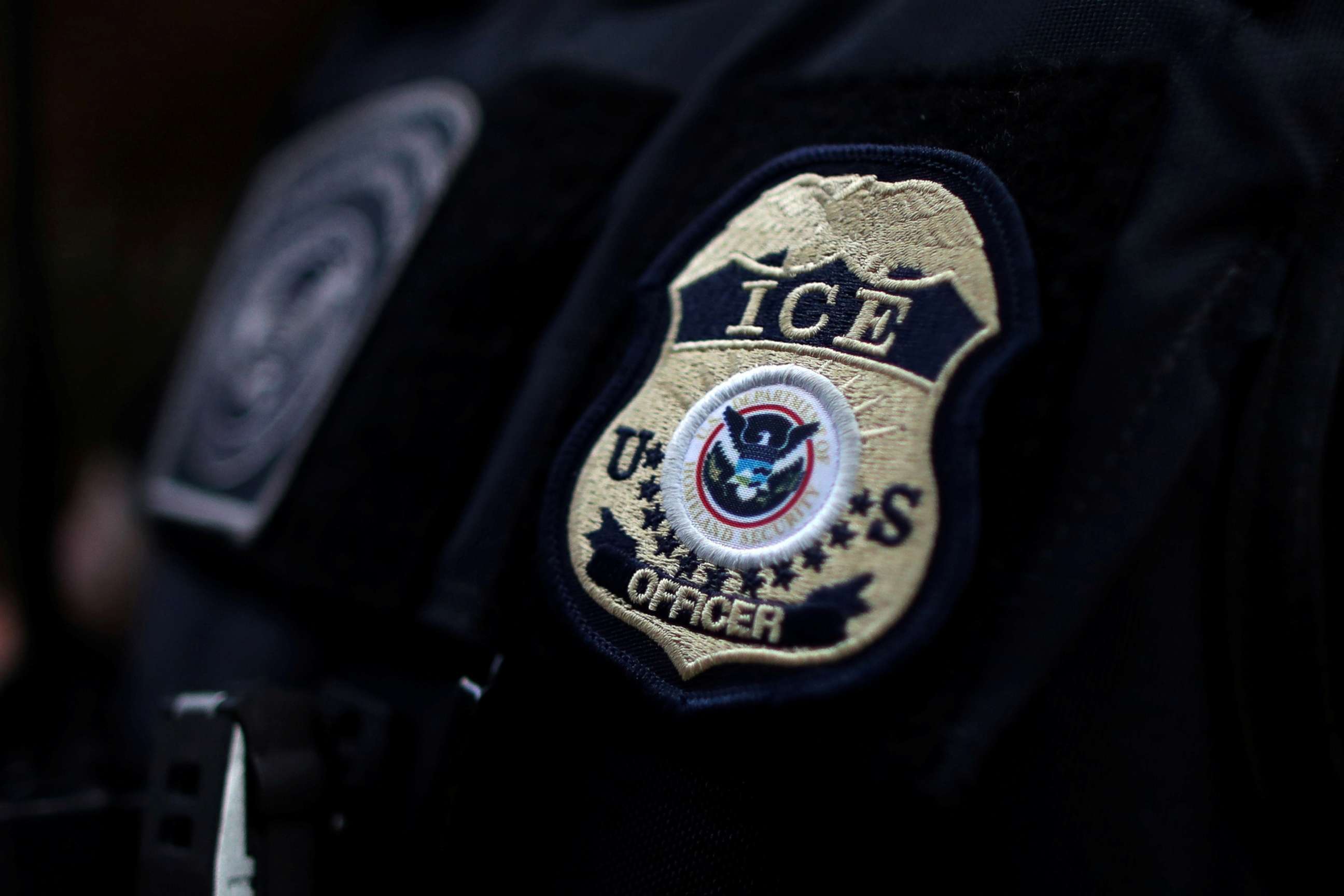Judge rejects request, paving way for removal of 8 migrants detained in Djibouti

Attorneys for the men had sought a restraining order blocking their removal.
A federal judge on Friday denied an eleventh-hour request for a temporary restraining order blocking the removal of eight migrants detained in the African nation of Djibouti, paving the way for the Trump administration to complete their removal to South Sudan.
The migrants, who were convicted in the United States of violent crimes, were given notices of removal and placed on a flight from the U.S. to the East African country of South Sudan in May -- but after U.S. District Judge Brian Murphy blocked the administration's attempt to deport the group without giving them a sufficient chance to contest their removal, the group disembarked in Djibouti, where they were held in a U.S. military facility in legal limbo.
In an unsigned opinion on Thursday, the Supreme Court explained that since it lifted Judge Murphy's due process requirements for third-country removals last month, the government can no longer be held to account for allegedly violating the requirements, clearing the way for the administration to remove them to South Sudan -- a country with which the men have no ties.
On Friday, just hours before the men were scheduled to board a plane for South Sudan, U.S. District Judge Randolph Moss issued an administrative stay in a new case filed on behalf of the eight men.
"We are not seeking to challenge a removal order," an attorney representing the men said at a hearing Friday afternoon in Washington, D.C. "We are seeking to challenge the act of sending petitioners to a place where they may be tortured, harmed or definitely imprisoned."
Judge Moss ordered the stay to allow the parties to seek relief from the District of Massachusetts, where Judge Murphy made his original ruling.
Judge Murphy, in an order issued Friday evening, denied the plaintiffs' request for a temporary restraining order.

"This Court interprets these Supreme Court orders as binding on this new petition, as Petitioners are now raising substantially similar claims, and therefore Petitioners motion is denied," Judge Murphy wrote.
Justice Department lawyers said the men were scheduled to be flown to South Sudan at 7 p.m. ET.
DOJ attorneys claimed during Friday's hearing that they had spoken with State Department officials during the break and that they had received assurance from South Sudan that upon their deportation there, the men would be granted an immigration status "in accordance with South Sudan's national laws and immigration procedures" that would allow them to remain in the country "temporarily." But the lawyers did not have any information about whether or not they would be detained.
"We certainly haven't asked for them to be detained, and our understanding is that there's no reason to think that they will be, but that last part is obviously speculation," a DOJ lawyer said.
Judge Moss echoed the plaintiffs' lawyers concerns that the men could face torture and be harmed if they were deported to South Sudan.
"I think, like all of us, I do not want to see anything happen to any of these plaintiffs in this case, or to anybody involving violent acts or bodily harm or anything of that nature," the judge said. "Obviously it goes without saying that even when somebody has been convicted of having committed a terrible crime, after that person has served their sentence for it, our government, nor anybody else should be in the business of inflicting pain and suffering on other human beings, simply for the sake of doing so."
"And I think it seems to me almost self evident that the United States government cannot take human beings and send them to circumstances in which their physical well-being is at risk simply either to punish them or to send a signal to others that if you come into the country and commit a crime, not only are you going to get prosecuted in the United States for that, but you're going to be sent to some horrible situation," he said.
ABC News





